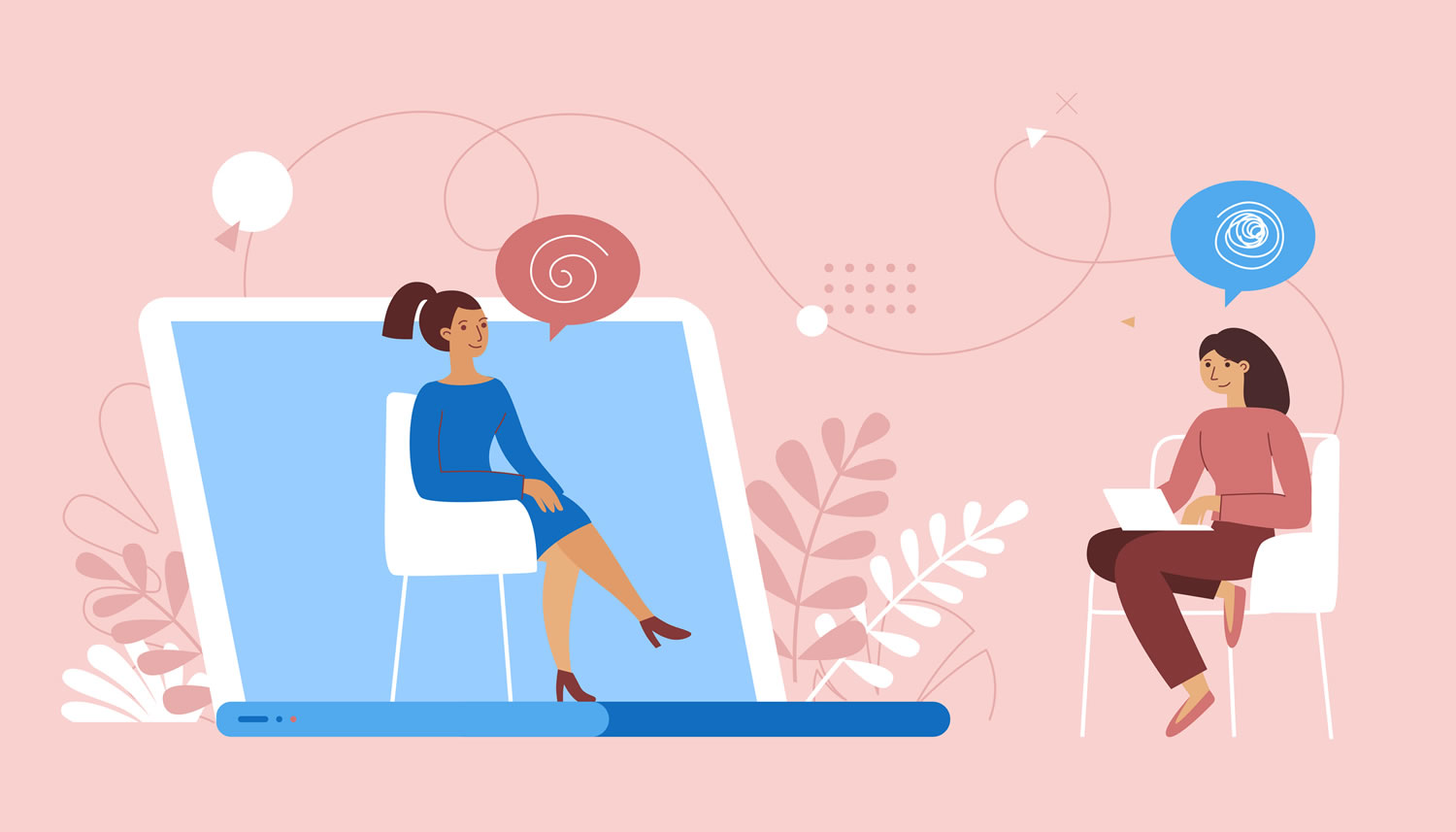Available now: Free counselling services for educators and staff
Published on Tuesday, 19 October 2021
Last updated on Monday, 18 October 2021

Educators and support staff across all early learning services, kōhanga reo, kura, and state and state-integrated schools can now access free, one-on-one counselling sessions online or by phone until the 25 November 2021, as part of the Covid-19 Employee Assistance Programme announced by the Government.
“Everyone has their own way of dealing with stress. Having someone to talk to – may it be your family, whānau, friends, work colleagues, or via our Employment Assistance Programme – can help.
I encourage all our educators to make use of all the wellbeing resources available to them, including this new support,” Education Minister Chris Hipkins said.
“This is in addition to any existing services than an early learning service or a school already provides to their teachers and support staff,”
With up to three, confidential sessions on offer, the sessions are funded out of a $16 million Workforce Wellbeing Package. When unveiling the service, Mr Hipkins praised the work of kaiako and teachers as ‘vital’ in supporting and assisting learners, and their whanau during the latest resurgence of Covid-19 in the community.
Counselling service details
Counselling is offered to all educators, regular relievers and support staff working in early learning services, including Kōhanga Reo, Kindergartens, Playcentres and home-based services.
Members of family and whānau are also welcome to join and participate in counselling sessions.
The one-on-one counselling sessions are free of charge and strictly confidential. No identifiable details of individuals who contact the Employee Assistance Program (EAP) Services will be shared with the ministry or the early learning service.
Support sessions are currently on offer until the 25 November 2021 and will be culturally responsive in line with Kaupapa Māori / Te Ao Māori. If additional support is needed beyond the three EAP counselling sessions, individuals are encouraged to ask their early learning service or ECE provider what support they can offer.
How to access EAP counselling
Professionals with formal qualifications and professional body memberships provide assistance through the Government’s EAP counselling service. Under the current Alert Level settings these sessions are available by telephone or online. To book an appointment there are two options:
- Online booking form – requests processed within four business hours according to the website.
- Ring EAP on 0800 327 669 and select Option 2
Mental health impacted? You’re not alone
A 2021 national survey by Reuters found New Zealanders are still reporting negative impacts on mental health and income from the coronavirus pandemic. The survey showed that 46 per cent of New Zealanders said they or a household member had trouble sleeping because of the spread of COVID-19, higher than the 43 per cent recorded by the survey in June-July last year. About 40 per cent continue to say they feel depressed.
Benefits of seeking counselling
To care for and educate young children effectively, educators need to be well. This is important at any time but especially now as educators and support staff navigate the pandemic, employment changes, extra duties and major funding changes.
With the return of COVID-19 in the community and additional work pressures, educators may be experiencing increased stress and feelings of being burnout.
For management and leaders, it’s important to check in with all their staff and educators and ask how they are coping during this time. This can be addressed in one-on-one conversations and formally at every meeting, with wellbeing as an embedded agenda item.
For individuals uncomfortable with speaking about themselves and experiencing sustained high stress levels or anxiety, confidential counselling can be helpful, especially when:
- Feeling increased levels of hopelessness
- Grappling with constant worry – also physical signs such as stomach pain or headaches.
- Sleeping habits have changed
- Dealing with increased levels of irritability, losing interest in activities and unmotivated
- Loss of productivity and struggling to focus at work
- Not making healthy choices
- Wanting to make changes for better mental and emotional health
Counselling offers a safe, non-judgemental space to learn about what you’re feeling, why you might be feeling it and to provide guidance on building skills to help you cope.
Counselling can also:
- Help improve communication skills
- Help you feel empowered
- Empower you to develop fresh insights about your life
- Learn how to make healthier choices
- Develop coping strategies to manage distress
While traditionally counselling was done face-to-face, there are significant benefits to the models now in place due to health issues from coronavirus. Sessions held online or on the phone means there is no need to travel to an appointment or pay for parking and, for anyone living in a remote location, there’s easy access that may not have been readily available otherwise.
For anyone concerned about the effectiveness of online and phone models of counselling, research cited by The Conversation suggests that online therapy works just as well as traditional face-to-face therapy. Stating that: “Studies, looking at outcomes for clients and the quality of their relationships with therapists, found them equal across telehealth and in-person conditions.”
References and further resources:
Ministry of Health: COVID-19: Mental health and wellbeing resources
Ministry of Education: Workforce Wellbeing Package
New Zealand Psychological Society: COVID-19 resources
Related Articles

Stress Reduction Strategies for Children in Care
Stress reduction and relaxation strategies for families and educators to try when children seem to be overwhelmed and or stressed in a child care setting.

Work can be stressful - Self care 101
9 simple ways to improve self care practices and boost wellbeing in your early childhood service.

Managing stressful moments: Breathe deep and create calm
Six strategies to help early educators manage their stress response, which can be practised in the workplace.
